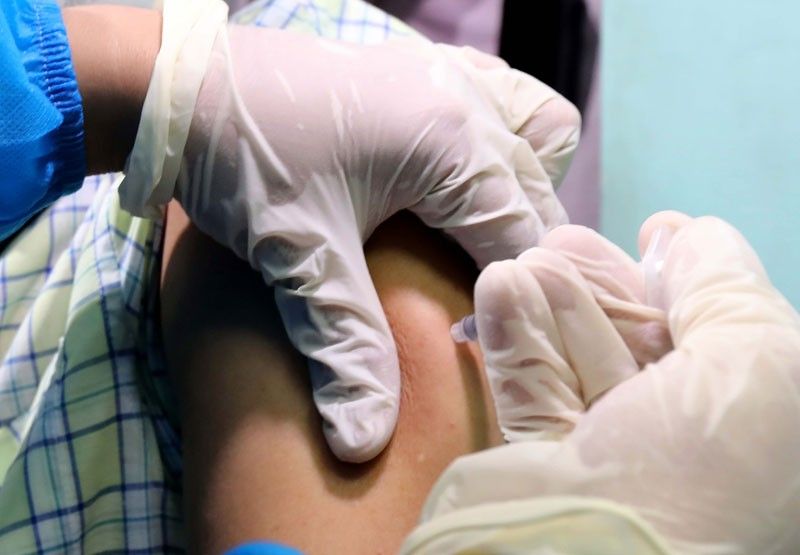Richer nations received 87% of vaccines – WHO

MANILA, Philippines — Although more than 700 million vaccine doses have been administered globally, the vast majority of COVID-19 vaccines administered has gone to wealthy nations, according to the World Health Organization.
The WHO reported that rich countries have received more than 87 percent and low-income countries just 0.2 percent of the vaccines.
“There remains a shocking imbalance in the global distribution of vaccines,” WHO chief Tedros Ghebreyesus said over the weekend.
“On average in high-income countries, almost one in four people has received a vaccine. In low-income countries, it’s one in more than 500. Let me repeat that: one in four versus one in 500,” Tedros added.
COVAX, the global solidarity initiative, has also experienced a shortage of vaccines. While the mechanism has distributed some 38 million doses, it was expected to deliver nearly 100 million by the end of March.
“The problem is not getting vaccines out of COVAX; the problem is getting them in,” Tedros said.
“We understand that some countries and companies plan to do their own bilateral vaccine donations, bypassing COVAX for their own political or commercial reasons. These bilateral arrangements run the risk of fanning the flames of vaccine inequity,” he added.
COVAX partners – including Gavi, the vaccine alliance – are working on several options to scale up production to meet the goal of delivering two billion doses by the end of the year.
Gavi chief executive officer Seth Berkley highlighted the need for continued solidarity.
“What we are now beginning to see are supply constraints, not just of vaccines, but also of the goods that go into making vaccines,” Berkley said.
He added that COVAX is in discussions with several high-income countries to get them to share surplus vaccine doses.
COVAX is also developing cost-sharing mechanisms so that low-income countries can buy additional doses through the facility, funded by multilateral development banks.
Financing is also needed as demand for vaccines has risen with the emergence of new COVID-19 variants, according to Berkley.
The United Nations Children’s Fund (UNICEF) said despite all that had been achieved in just a month and a half, “this is no time to celebrate; it is time to accelerate.”
“With variants emerging all over the world, we need to speed up global rollout,” UNICEF executive director Henrietta Fore said.
“To do this, we need governments, along with other partners, to take necessary steps to increase supply, including by simplifying barriers to intellectual property rights, eliminating direct and indirect measures that restrict exports of COVID-19 vaccines and donating excess vaccine doses as quickly as possible,” Fore added.
The Philippines is among 102 COVAX Facility participants that have received a combined total of 38,392,540 doses of COVAX-delivered vaccines.
- Latest
- Trending




























